Baby Bottle Essentials: Understanding the Basics
The baby bottle is an indispensable item in infant care, designed to ensure safe and convenient feeding for babies. This product category encompasses a range of styles and sizes to accommodate the diverse needs of infants and parents alike. From traditional designs to innovative solutions that mimic breastfeeding, baby bottles serve as a vital tool in a child's early development.
Types and Features of Baby Bottles
There are several types of baby bottles available on the market, each with unique features. Anti-colic bottles are engineered with special vents to reduce the amount of air a baby ingests, potentially minimizing discomfort. Glass baby bottles offer durability and chemical-free composition, while BPA-free plastic bottles provide lightweight and break-resistant alternatives. Silicone baby bottles are gaining popularity for their softness and flexibility, closely resembling the breastfeeding experience.
Materials and Safety Considerations
When selecting a baby bottle, the material is a crucial factor. Glass, silicone, stainless steel, and BPA-free plastics are common materials, each offering specific advantages in terms of safety and longevity. Glass and stainless steel are known for their ease of sterilization and absence of chemicals, whereas silicone and BPA-free plastics offer resilience and shatter-proof qualities. It is essential for manufacturers to adhere to safety standards to ensure that these feeding tools are safe for infant use.
Applications and Usage
The application of baby bottles extends beyond simply serving milk or formula. They are integral in transitioning from breastfeeding to bottle-feeding, assisting in mixed feeding routines, and ensuring that babies receive necessary nutrition when direct breastfeeding is not possible. Specialized bottles are also available for babies with specific needs, such as preemies or those with feeding difficulties.
Advantages of Modern Baby Bottles
Modern baby bottles are designed with both the infant and the caregiver in mind. They offer convenience, such as ease of cleaning with dishwasher-safe components, and adaptability, with interchangeable nipples to adjust the flow rate as the baby grows. The ergonomic designs cater to the comfort of the one holding the bottle, often for extended periods, while also being easy for babies to grip when they are ready to self-feed.
Environmental Impact and Sustainability
Sustainability is becoming increasingly important in the production of baby bottles. Manufacturers are focusing on creating products that are not only safe for babies but also have a reduced environmental footprint. Reusable and recyclable materials are being utilized to extend the life cycle of baby bottles, thereby contributing to a more sustainable future.








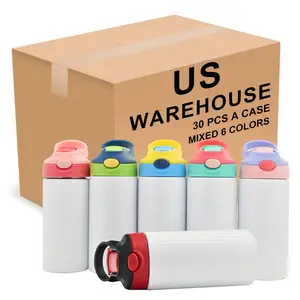




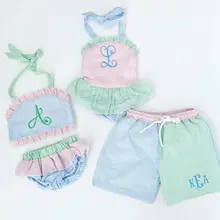

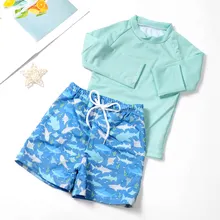




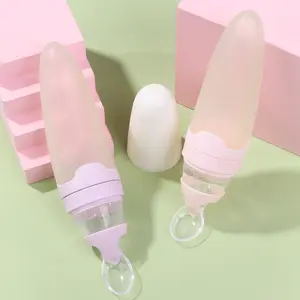











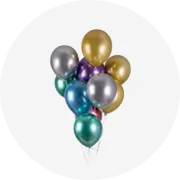











 浙公网安备 33010002000092号
浙公网安备 33010002000092号 浙B2-20120091-4
浙B2-20120091-4